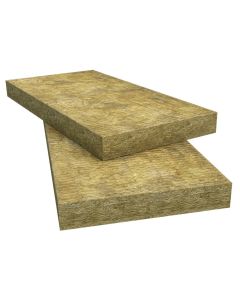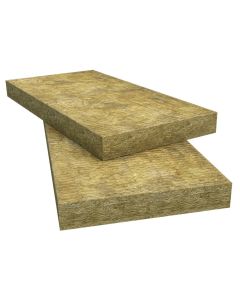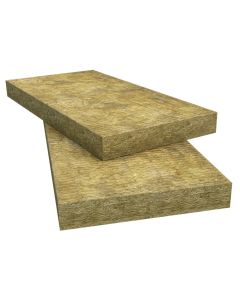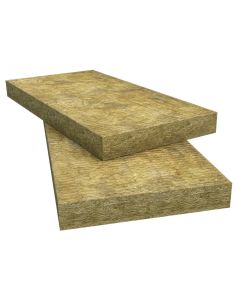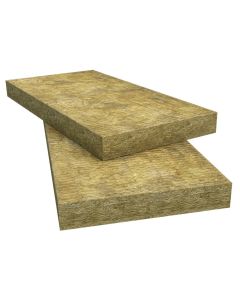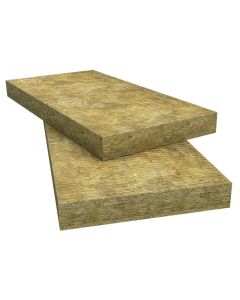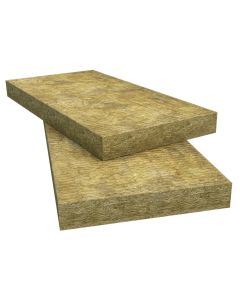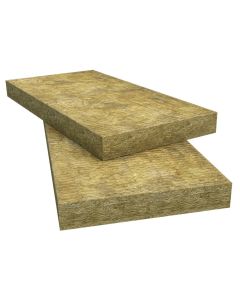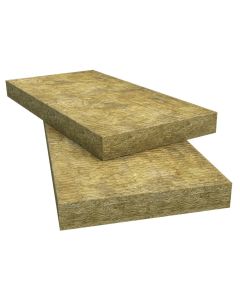If you are losing sleep because of loud TV’s, music or hearing people argue late at night then you might be considering soundproofing your home to permanently reduce the intrusion of outside noise.
Here we give you the low down on insulating various types of walls so that you can reduce the noise making its way into the privacy of your home. You can also soundproof without losing space in your house and look at acoustic insulation to prevent noise escaping - perfect for musicians.
How Soundproofing your Wall can Reduce Noise from Neighbours
Listening to one TV or conversation at home is enough, without having to be subjected to the same sort of noise coming through the walls from nearby neighbours. Although there are cases where people living nearby can be inconsiderate to the people around them, it is also the case that people living in flats, apartments and new build houses are living in buildings that do not offer sufficient protection against noise pollution.
At its most basic level, soundproofing is about adding mass to walls, ceilings or floors to absorb and block sound from travelling in or out. The good news is that there are many ways to add mass to your walls to reduce sound from within or outside your home.
What’s the Best Acoustic Insulation for a Wall?
Before you start, you need to consider which materials will be best for you based on your needs, the type of wall, and your budget.
Acoustic Insulation Slabs
The Rockwool RWA45 is the most preferred for home use. The density of this slab is better equipped to block out the noise frequencies around the home.
When you’re finished installing the slab use Rockwool Acoustic Intumescent Sealant to provide an acoustic seal.
Acoustic Roll
If you just want to reduce low levels of noise in the home a suitable solution is Knauf Earthwool Acoustic roll. This product is much easier to handle and install than slabs as they can be rolled out.
Acoustic Plasterboard
To finish off soundproofing your wall, add a final layer of Acoustic Plasterboard. Or if you want to install acoustic insulation without losing space in your home Knauf Soundshield Plus is an ideal solution.
How to Soundproof a Wall
For whatever reason you wish to reduce sound within the home, one of the most effective ways is to add acoustic wall insulation to a stud wall. Follow our step-by-step guide to create a soundproofed stud wall:
- Using metal or timber, the stud structure will need to be created. While higher walls typically use 70-75mm thick studs, smaller walls of up to 2.4m, 50mm thick studs are a better option.
- Next, the stud structure should be lined with acoustic mineral wall with a thickness of 0.6m x 1.2m. 45kg/m3, or if you prefer to go denser, then 60kg m3 is a good option too.
- Adding a resilient layer to the surface of the wall will significantly reduce sound pollution. This rubber product is easy to install and helps to absorb the sound energy as it comes into contact with the wall.
- Acoustic plasterboard should then be the next layer added to the structure.
- If you wish, an acoustic membrane can also be added.
- Another layer of acoustic plasterboard can then be put in place, regardless of whether the membrane was added or not.
- The perimeter of the wall can then be treated with acoustic sealant.
- To complete the soundproofing of a stud wall, finish using either dry line or plaster.
How to Soundproof a Wall without Reducing Living Space
If you are suffering from excess noise from noisy neighbours but don’t want to lose a lot of space in your room, one effective solution is acoustic plasterboard. These can be added to any stud or party walls in the property, the good news is that they will only take up 45mm of space.
- Firstly, measure the size of the wall you want to soundproof – this measurement will advise you on the size and amount of plasterboard you need.
- You may need to cut some of the plasterboards to properly fit your wall, use a saw to fit to size.
- Once you have the right size and layout figured out, you can then start glueing or screwing the boards onto your wall.
From soundproofing pipes to soundproofing apartments, we have a range of useful acoustic guides for all of your noise reduction needs.
If you would like additional advice whether it be soundproofing your wall, home, or more our customer care team are more than happy to help.


